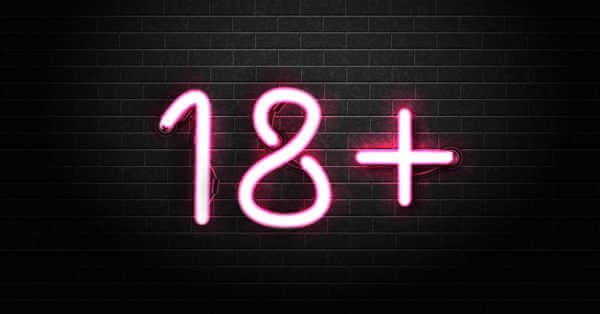Who will enforce the law on commercial pornography websites?
The Office of Communications (Ofcom) which already regulates the TV, radio and video on demand will also regulate the new online safety regime created by the Online Safety Bill.
Internet Service Providers (ISPs) and mobile network providers may block online pornography sites that do not comply with the law by not having age verification or showing extreme pornography.
Search engines, payment-services and social media sites may also remove these sites from appearing to people from accessing this content.
How will sites with pornographic content verify users’ ages?
There are no plans for the government to state specifically what sites will need to do to prevent underage access. Perhaps sites will require users to register their credit card, or users might need to use a third-party service to prove their age.
What does this mean for data protection?
Regulated services will have to meet the UK’s data protection standards enforced by the Information Commissioner’s Office.
When will age verification requirements come into force?
It is expected that DCMS will introduce the Bill into Parliament around Spring 2022, but it will likely be many months or years before pornography providers will be required to introduce age verification.
What does age verification mean for your child?
The same way that protections are in place to restrict children from entering sex shops on the high street, this will create a safety net for children’s protection online. Although age verification is not a silver bullet, these measures should mean younger children are less likely to stumble across or access pornographic content online.




